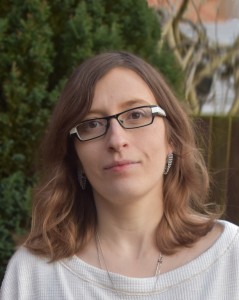
Dr. Eugenia Kelbert
(University of East Anglia)
21 September 2022 (Wednesday) at 14:00
Institut of World Literature SAS + online
Link:
https://us06web.zoom.us/j/84450735380?pwd=Nk1RaW5iTjQ3cjNjblEzSUpQYmRQUT09
Meeting ID: 844 5073 5380
Passcode: 321895
Literature written on the margins of linguistic proficiency has, paradoxically, served as a catalyst for debates on issues of minor literature, postmonolingualism, untranslatability, and world literature for some decades. Translingualism, or literature written in a non-native language, is an extreme embodiment of this trend that has already provoked several prize committees into awarding highest institutional honours to authors writing in a language not their own.
Yet what is the secret to the work of Joseph Conrad, Samuel Beckett, Romain Gary, Joseph Brodsky, Vladimir Nabokov, Milan Kundera and, more recently, Andreï Makine, Eva Hoffman and numerous others? If mastery of a second language is achieved through imitation of native speakers, how can the pinnacle of such a process possibly amount to an original style?
This talk considers this question in conjunction with a related one – why now? Translingual literature has a very long history, but it is only starting with the twentieth century that it has become a literary phenomenon, allegedly marginal yet, increasingly, both recognised and emulated. With the advent of modernism, a changed attitude to language has made translingualism, it argues, into one of the more prominent strands within a new aesthetic, which has continued to develop steadily to this day.